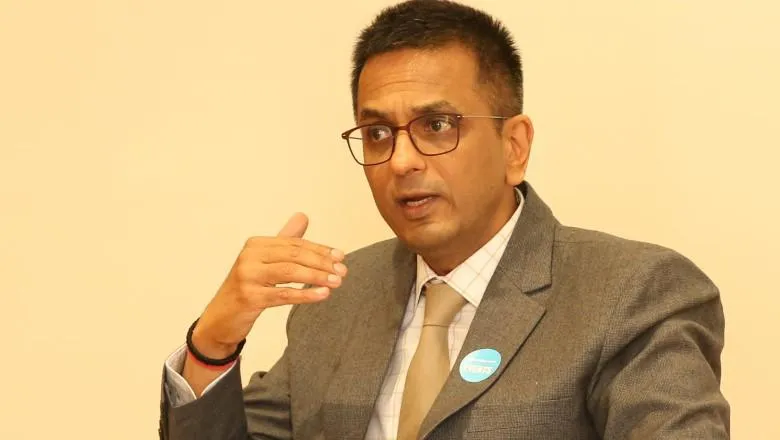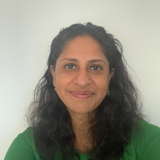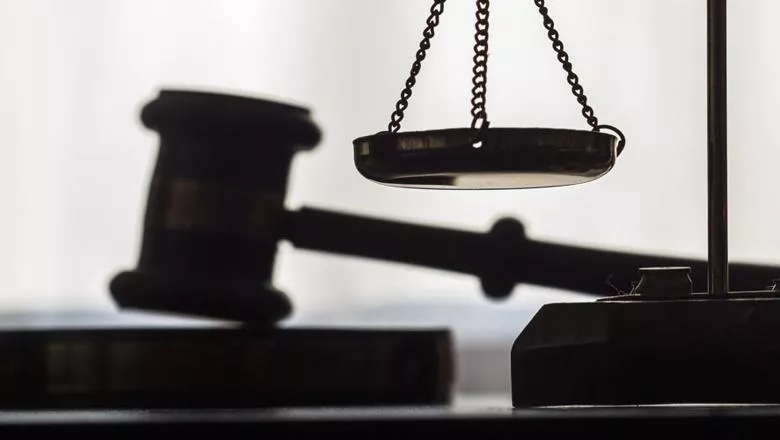On Monday 20 June, Honourable Dr Justice D.Y. Chandrachud, from India’s Supreme Court, addressed an audience of over 200 people at an event organised by King’s India Institute, The Dickson Poon School of Law and O.P. Jindal Global University.
During his forty minute lecture, entitled Protecting human rights and preserving civil liberties: The role of courts, Justice Chandrachud spoke of the enduring relationship between the United Kingdom and India, marked by the experience of colonialism but also by “a jurisprudential tradition founded on the common law,” a tradition of parliamentary democracy and a shared language of human rights.
India and the UK have created a robust legal framework for the protection of human rights. However, rights in themselves are paper tigers unless they are given teeth by the courts.
Justice Chandrachud, Indian Supreme Court
The Justice charted the evolution of human rights, from their basis in natural law through to the growth in legal protections since the Second World War.
This more recent “Age of Rights” ran in parallel to a period of significant decolonialisation, and the Justice referenced the development of the Indian Constitution, adopted in 1950, as “a transformative document which attempts to remedy discrimination grounded in caste and patriarchy.”
Exploring the relevant sections of the Constitution, and the role of India’s Supreme Court in “conceptualizing civil rights in recent years,” he cited cases involving gender inequality and domestic violence, and the need to consider the different ways in which discrimination can manifest itself.
Instances of ‘protective discrimination’ which either assume that women are incapable of performing certain professions or decide that such professions pose a security risk to women originate from a deep-seated patriarchal mindset that views ‘men’ as the ‘normal’ and any deviation as the exception…The Supreme Court has realized that it is not merely enough that women are granted the opportunity to sit on the table, but also to ensure that their lived experiences are factored in to ensure that they can avail such opportunities.
Justice Chandrachud, Indian Supreme Court
The judge also addressed the role of the caste system, the ongoing struggle for LGBTQ equality, recent developments in disability law, and India’s use of capital punishment.
Summarising, Justice Chandrachud applauded the Supreme Court’s positive contribution but expressed unease at the Court becoming “the first line of defence or the one stop solution to resolve complicated issues of policy and society.” Issues of discrimination, he argued, must be addressed by society at large.
The growing litigious trend in the country is indicative of the lack of patience in the political discourse. This results in a slippery slope where courts are regarded as the only organ of the State for realization of rights - obviating the need for continuous engagement with the legislature and the executive… The fulfillment of the ideals of our Constitution and the protections guaranteed under it cannot only be achieved by exercising our role as citizens once every five years. There must be a continuous engagement with all the pillars of democracy.
Justice Chandrachud, Indian Supreme Court
With the in-person audience of 60 joined by a further 150 people online, the Justice was questioned about a range of recent cases and challenged on a number of fronts, including the suppression of public protests and a perceived failure to safeguard Muslim communities.
The Justice’s lecture was one of a number of events marking the 10th anniversary of King’s India Institute. Lord Mance, formerly the Deputy Director of the UK Supreme Court, introduced Justice Chandrachud and offered a brief response before passing over to Professor Prabha Kotiswaran who chaired a half hour Q&A session.
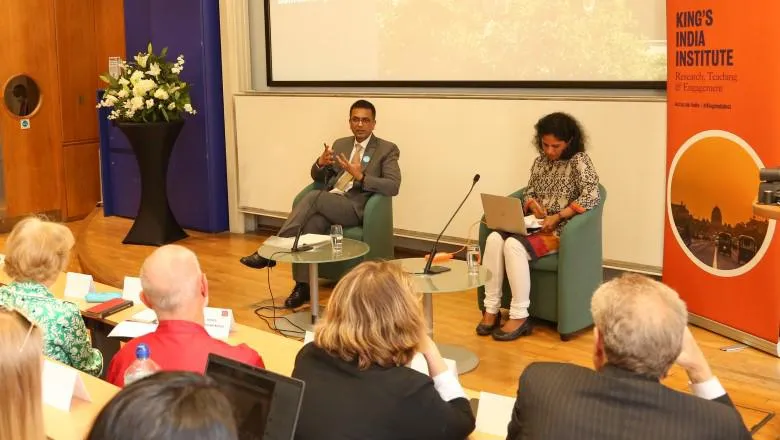 The Justice's lecture was followed by a Q&A, chaired by Professor Prabha Kotiswaran.
The Justice's lecture was followed by a Q&A, chaired by Professor Prabha Kotiswaran.Professor Prabha Kotiswaran said: “Justice Chandrachud offered a magisterial overview of the major developments in the human rights jurisprudence of the Supreme Court as it pertained to various marginalised groups. There was spirited questioning from audience members on various challenges that face Indian democracy today including the criminalisation of protest, the treatment of religious minorities, the role of technology in relation to the right to privacy as well as problems that plague the Indian legal system including the non-representative nature of the judiciary, the huge backlog of cases pending before the courts, and the need for introducing Courts of Appeal. The academic space of the university offered us a chance for productive dialogue which the Justice engaged in.”
Professor Louise Tillin, Director of King's India Institute, said: "We were honoured to welcome one of India’s most distinguished lawyers to speak at King’s. In a wide-ranging lecture and Q&A session, Justice Chandrachud reflected carefully on the role of the Supreme Court in India’s democracy."
Justice Dhananjaya Yeshwant Chandrachud (LLB, Delhi; LLM and SJD, Harvard) practised as an advocate in the Indian Supreme Court and the High Courts of Gujarat, Calcutta, Allahabad, Madhya Pradesh, and Delhi before becoming a judge of the Bombay High Court and later the Chief Justice of the Allahabad High Court. His most significant cases have involved constitutional and administrative law, the rights of HIV+ workers, religious and linguistic minority rights, and labour and industrial laws.
After J Lalit’s retirement, Justice Chandrachud is likely to serve as the 50th Chief Justice of India, from November 2022.
You can watch a recording of the event, including the Q&A session, on YouTube. You can also read the full version of Justice Chandrachud’s lecture.
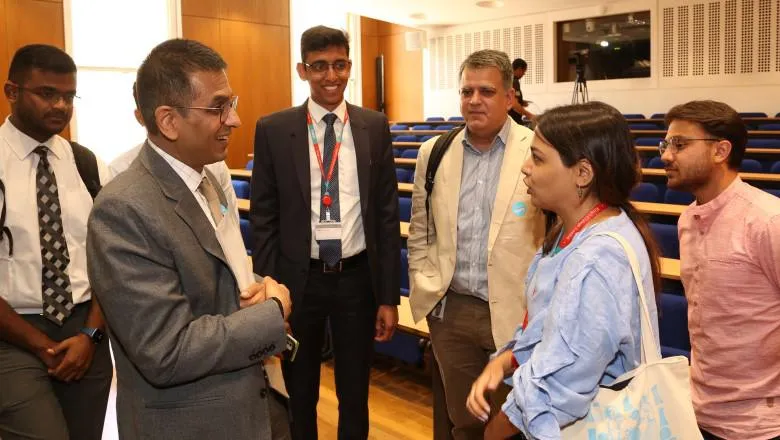 After the event, Justice Chandrachud took time to chat with staff and students.
After the event, Justice Chandrachud took time to chat with staff and students.
